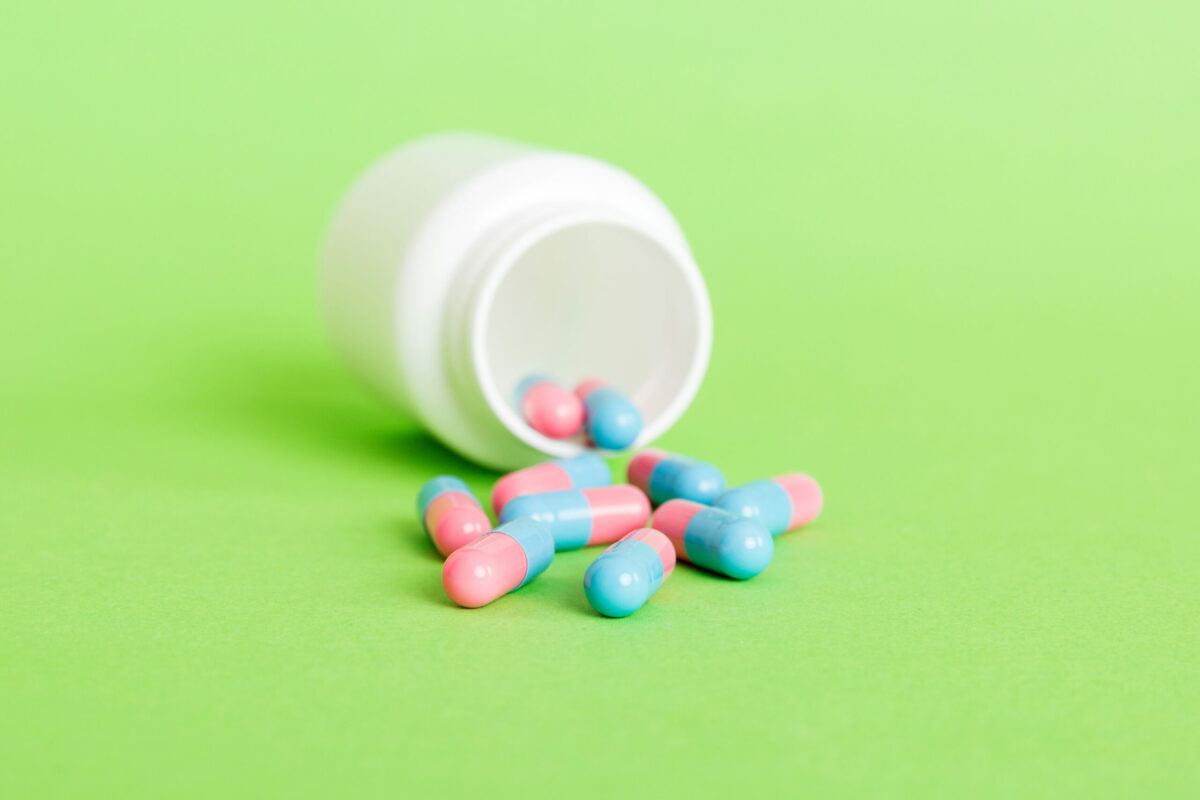A medical condition that causes fluid buildup in the lungs is called pulmonary edema. Thus, the fluid usually collects in the air sacs of the lungs causing breathing problems.
Commonly, this condition occurs due to heart problems but other health issues may cause it. For example pneumonia, some medicines, exposure to toxins, chest wall trauma, traveling at high altitudes, and others.
Sometimes, this condition occurs suddenly and it is called acute pulmonary edema. In such cases, you should seek a medical emergency because it may lead to death. Healthcare professionals usually recommend different treatment options because it depends on some factors. These include your age, existing health problems (such as heart disease), the severity of the condition, and other factors.
Symptoms
The symptoms usually appear differently among people because the condition may happen suddenly or over time. Check below some symptoms:
Acute Pulmonary Edema Symptoms
- Breathing problems
- Extreme shortness of breath
- Suffocation
- Palpitations (irregular heartbeats)
- Anxiety
- Restlessness
- Cold and clammy skin
- Wheezing
Chronic Pulmonary Edema Symptoms
In such cases, symptoms do not appear when the condition begins but over time. For example:
- Fatigue (extreme tiredness)
- Trouble breathing
- Cough during nighttime
- Shortness of breath with physical activity
- Fast weight gain
- Swelling in the feet and legs
- Wheezing
High-altitude Pulmonary Edema Symptoms
This condition may happen either in adults or children who travel or perform physical exercises at high altitudes. Check below some symptoms that may occur with previous ones:
In most cases, high-altitude pulmonary edema (HAPE) symptoms worsen during nighttime.
Immediately contact your healthcare professional if any of the following symptoms happen. Examples include:
- Sudden shortness of breath
- Dyspnea
- Excessive sweating
- Confusion
- Reduced blood pressure (hypotension) that leads to lightheadedness, dizziness, or weakness
- Sudden worsening of the symptoms
Causes
There are multiple causes of pulmonary edema and it falls into 2 categories according to where the problems begin. For example:
- It may happen due to a heart disease (cardiogenic pulmonary edema) and it is one of the most common causes.
- The condition occurs due to other reasons (noncardiogenic pulmonary edema)
- In rare cases, this disease may happen due to both heart disease and other problems
To understand better the relationship between the heart and lungs, we should know how typically these organs work.
Lungs
These are vital organs that contain small air sacs (alveoli) that take in oxygen and release carbon dioxide with each breath. Usually, the gas exchange happens without any problems but if these alveoli are filled with fluid (pulmonary edema), it may cause reduced oxygen levels in the bloodstream.
Heart
In healthy people, the heart contains four chambers such as two upper (atria) and two lower (ventricles). Normally, oxygen-poor blood comes from the body and enters the upper right atrium and then the right ventricle. Thereafter, it goes through the pulmonary arteries (large blood vessels) to the lungs where it picks up oxygen and releases carbon dioxide. Thus, oxygen-rich blood goes back to the upper left chamber of the heart through pulmonary veins and flows through the mitral valve to the left ventricle.
Cardiogenic Pulmonary Edema Causes
In such cases, pulmonary edema often happens due to heart failure. Check below some conditions that cause this heart disease and lead to pulmonary edema:
- Coronary artery disease – This is a health condition in which fatty deposits narrow the arteries that supply the heart with blood. As a result, it leads to damage to the left ventricle. Sometimes, the narrowing of the heart arteries happens due to a blood clot.
- Cardiomyopathy – This condition causes damage and weakness of the heart muscle. As a result, the heart becomes unable to work properly, especially during exercise or with an infection.
- Heart valve issues – If the narrowing of the aortic or mitral valves of the heart happens, it leads to reduced blood flow to the heart. A sudden heart valve disease may cause severe pulmonary edema.
- Hypertension – If you ignore the symptoms and do not manage this condition, it may lead to enlarged heart muscle.
- Other heart conditions – These include myocarditis (a condition in which the heart muscle becomes inflamed), arrhythmia (irregular heart rhythms), and congenital heart disease (heart problems present at birth).
- Kidney disease – People with kidney disease may experience high blood pressure due to narrowed arteries of the kidneys (also known as renal artery stenosis).
- Chronic diseases – Thyroid problems and buildup of iron (hemochromatosis) or protein (amyloidosis) also contribute to heart failure and pulmonary edema.
Noncardiogenic Pulmonary Edema Causes
Check below some causes that cause pulmonary edema not due to elevated pressure in the heart:
- Acute respiratory distress syndrome (ARDS) – This is a condition in which fluid buildup in the lungs happens suddenly. The conditions that cause ARDS include severe injury, widespread infection (such as sepsis), pneumonia, and severe bleeding.
- Recreational drugs or medicine overdose – There are multiple drugs that may cause pulmonary edema. These include pain relievers (such as Aspirin) and illegal drugs (such as heroin, cocaine, and others).
- Pulmonary embolism – This condition causes a blood clot to enter the lungs. Therefore, it may cause pulmonary edema.
- Toxins exposure – People who continuously are exposed to certain toxins may experience irritation of the small airways and air sacs, leading to fluid buildup.
- Inhaling water also may lead to pulmonary edema.
- Negative pressure pulmonary edema – In such cases, this lung disease happens due to a blocked upper airway. However, most people recover completely with treatment within 24 hours.
- Nervous system diseases or surgeries – Sometimes, this condition may happen due to seizures, brain surgery, or head trauma. In such cases, this disease is called neurogenic pulmonary edema.
- Smoke inhalation – Fluid buildup may happen due to smoke inhalation. This smoke often contains multiple chemicals that cause damage to the air sacs.
- Viral infections – Certain viruses (such as hantavirus and dengue virus) also may cause pulmonary edema.
Risk Factors
There are some factors that may increase your risk of developing heart failure and pulmonary edema. Examples include:
- Arrhythmia (irregular heart rhythm)
- Congenital heart defects
- Alcohol misuse
- Diabetes
- Coronary artery disease
- Heart valve disease
- Hypertension (high blood pressure)
- Sleep apnea
In addition, the risk of developing pulmonary edema also increases if you experience viral infections or blood clots, inhaling smoke, or take illegal drugs.
Complications
Generally, the complications of pulmonary edema depend on the cause. For instance, if a person experiences pulmonary edema it may lead to pulmonary hypertension due to prolonged pressure of the pulmonary artery. Check below some complications:
- Trouble breathing
- Swelling of the abdomen (belly), legs, and feet
- Pleural effusion (buildup of the fluid in the membranes around the lungs)
- Congestion and liver swelling
How to Prevent Pulmonary Edema?
It is possible to prevent this condition by managing exigent health problems (including heart and lung diseases) and adopting a healthy lifestyle. For example:
- Add to your diet healthy foods (such as fresh fruits, vegetables, whole grains, and fat-free dairy)
- Quit smoking or never begin
- Limit salt and alcohol consumption
- Regular exercise
- Get and maintain a healthy weight
- Try to reduce stress
Diagnosis
Doctors usually diagnose this condition by performing the following tests. These include:
- Chest X-ray or CT (computerized tomography) scan
- Pulse oximetry
- Arterial blood gas test
- BNP (B-type natriuretic peptide) blood test
- Other blood tests (to check for kidney and thyroid function)
- Electrocardiogram (EKG or ECG)
- Echocardiogram
- Cardiac catheterization and coronary angiogram
- Lung ultrasound
Treatment
The primary treatment for people with pulmonary edema is oxygen that goes from a face mask or a tube with 2 openings (nasal cannula). Some people may need breathing assistance with a machine or medications. For example:
- Diuretics (such as Lasix) to reduce excessive fluid in the lungs and heart
- Antihypertensives – These medicines are used to reduce blood pressure and prevent pulmonary hypertension. Physicians usually recommend Nitroglycerin and Nitroprusside.
- Inotropes – This is an intravenous medicine given in the hospital to people with severe heart failure. It helps recover heart pumping function and maintain blood pressure.
- Morphine – This medicine is usually given to people with severe symptoms (such as shortness of breath).
Frequently Asked Questions
What are the pulmonary edema symptoms?
These include:
- Cough
- Shortness of breath
- Paleness
- Excessive sweating
- Chest pain or tightness
Go to the nearest emergency room or call 911 in the U.S. if any of the previous symptoms appear.
What is the most common cause of pulmonary edema?
Most people experience this lung condition due to congestive heart failure. However, it may happen due to other reasons as well. For more details, discuss it with your healthcare professional.
What is the most effective treatment for pulmonary edema?
One of the most effective medicines for pulmonary edema is diuretics because they work by removing extra fluid from the body. If you have additional questions, ask your healthcare provider.




